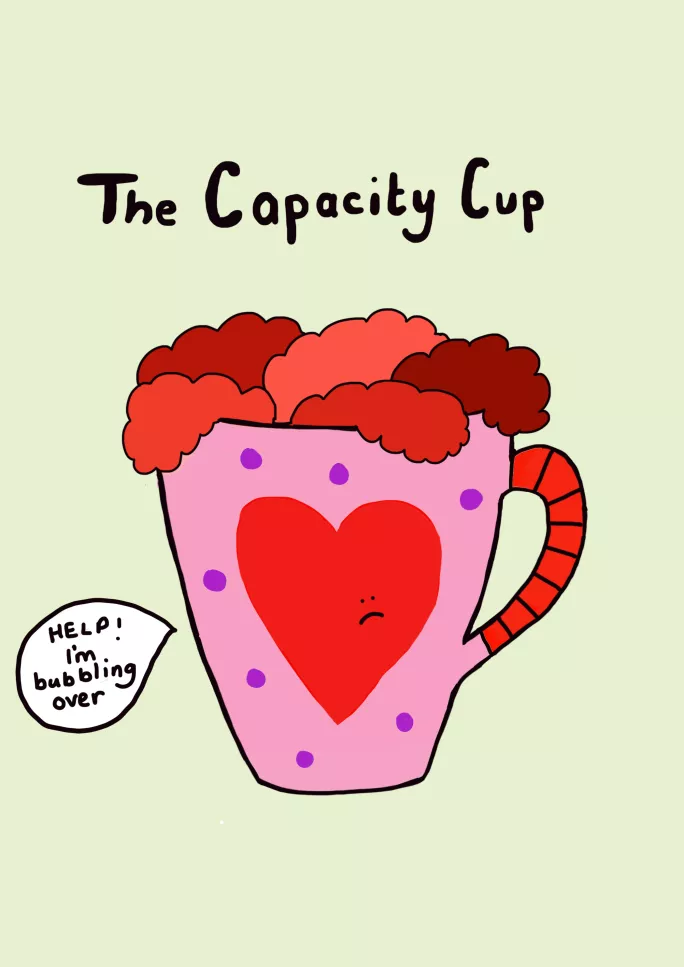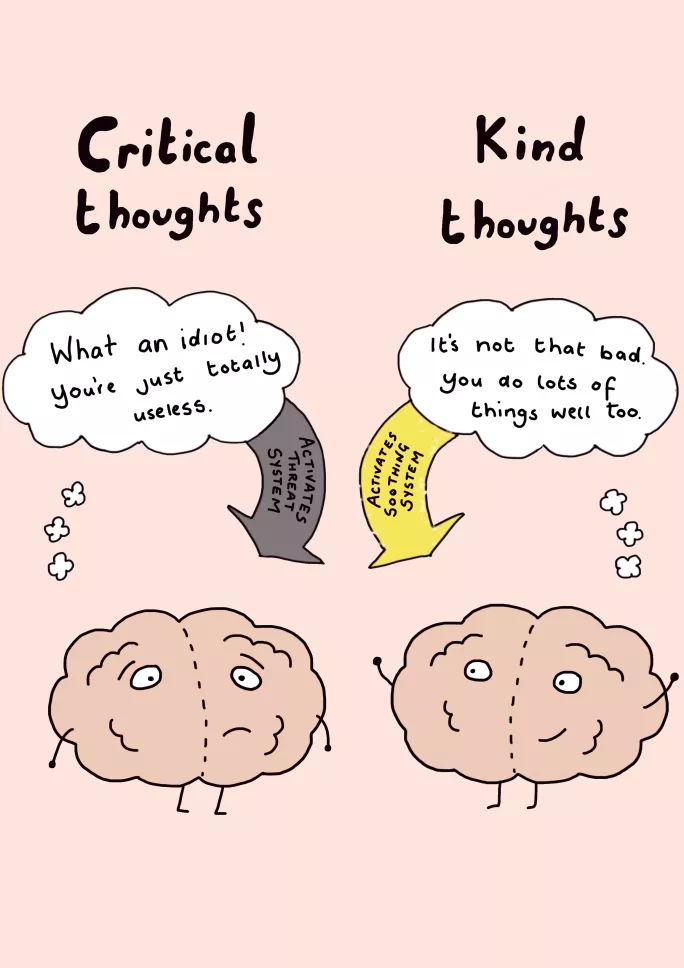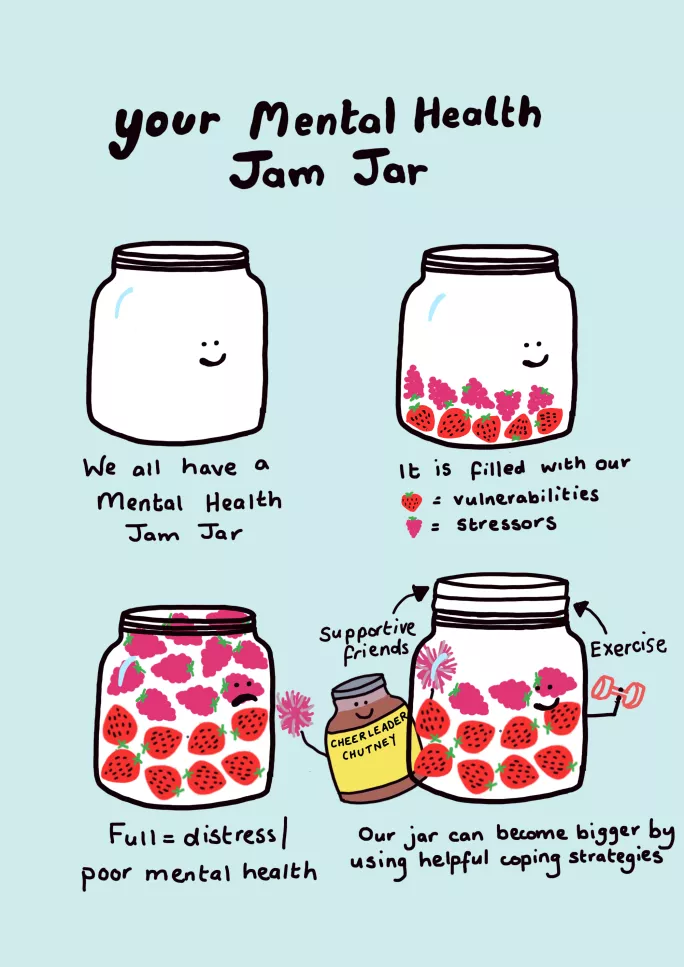- Home
- 5 ways teachers can prioritise their mental health
5 ways teachers can prioritise their mental health

The ongoing pandemic is throwing many things at us that can impact on mental health and wellbeing, including uncertainty, threat and risk and inability to make use of our normal coping strategies. Teachers are also facing additional pressure and demands in their roles which may further impact on mental health.
Adapting to new rules, learning new skills, changing plans, managing risk, concerns about safety and having to respond flexibly as the situation shifts can all create stress and additional cognitive load which can impact on our mental health.
It has never been more important for teachers to look after their mental health proactively, and make prioritising their wellbeing an integral and essential part of their daily routine.
I have been working with the General Teaching Council for Scotland to provide information for teachers on looking after their wellbeing, some of which you can access on the GTCS website. I will also be part of the forthcoming GTCS Wellbeing Wednesday Webinar later this month.
But in the meantime, here are five simple evidence-based tips for teachers.
1. Be aware of your capacity and manage it
We all have limited capacity. In my book, I use the analogy of the capacity cup to visualise how full your capacity is. When you are near the top, your cup is at risk of bubbling over and even a tiny thing can push it over the edge.
If you notice you are reaching the top then it is important to take action to manage your capacity. You can do this in a number of ways:
*Try to work out what is in your cup - is there anything you can throw out or that can wait until another time?
*Try to problem-solve or find solutions to the things in your cup that are causing stress.
*If you don’t have very much capacity left, try not to take on too much extra as this will put you in danger of overflowing.
*Be kind to yourself and try to find ways to relax that will help you reduce stress; if you notice you cup spilling over, breathing exercises can be a quick way to manage your capacity.

2. Recognise how you are feeling
Emotions are an important part of our life and a necessary for brain functioning. How we respond to our emotions is crucial for our mental health and wellbeing. Failing to recognise our emotions, shaming or suppressing how we are feeling can all be detrimental to our wellbeing.
Take time, daily if you can, to recognise and name how you are feeling. Being able to describe your emotions in as fine detail as possible has been shown to have a positive impact on your wellbeing.
You can consider your emotions as signs or indicators of your needs. Being open to your emotions and understanding them means you are more likely to recognise your needs respond helpfully.
3. Watch out for your inner critic and learn to speak to yourself with compassion
How you speak to yourself is crucial for your mental health. Berating yourself and being constantly critical is like having a bully perpetually in your own brain. This creates a threat response in your brain, which increases stress and is detrimental to your health - both physical and mental.
Nurturing a compassionate inner voice is worth the effort for the benefits you can gain. The first step is noticing your inner critic. You can then stand back and respond more objectively to it. Asking yourself, “What would I say to a friend in the same situation?” can help you do this.

4. Bust your own mental health myths
We can internalise societal stigma and outdated beliefs about mental health and wellbeing so that they become part of our own belief system that we apply to ourselves. We may tell ourselves we shouldn’t feel a particular way, that your mental health suffering is sign of weakness, or that seeking help means we are useless. These beliefs can result in internalising our feelings and experiencing shame, which can be detrimental to our mental health.
In reality, we all have mental health and we all experience variations in our mental health. Anybody’s mental health can suffer depending on what’s going on in their life and seeking support is about taking positive action to look after yourself.

5. Schedule in regular joy and relaxation
Often activities we enjoy and that help us relax are an afterthought. Or we see them as a luxury that can be sidelined as not essential, or only used as a reward.
However, experiencing positive emotions is an important part of looking after your emotional wellbeing, which helps regulate your stress response. Having activities to look forward to and anticipate creates positive emotions in our day-to-day lives and are fundamentally good for us.
At the current time with restrictions it can be hard to use our normal coping strategies, so we may need to be more creative to find way to help us feel good and relax.
Ensure you have regular activities planned that you enjoy and help you relax. The more small moments you can intersperse throughout your days and weeks, the better.
Dr Emma Hepburn’s new book A Toolkit for Modern Life: 53 ways to look after your mind is out now. On Wednesday 28 October she will take part in the General Teaching Council for Scotland wellbeing webinar. She is on Instagram as @thepsychologymum and tweets @EmmaNeuropsych
Keep reading for just £1 per month
You've reached your limit of free articles this month. Subscribe for £1 per month for three months and get:
- Unlimited access to all Tes magazine content
- Exclusive subscriber-only stories
- Award-winning email newsletters